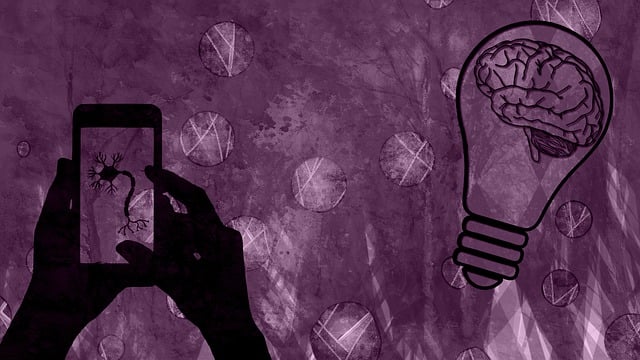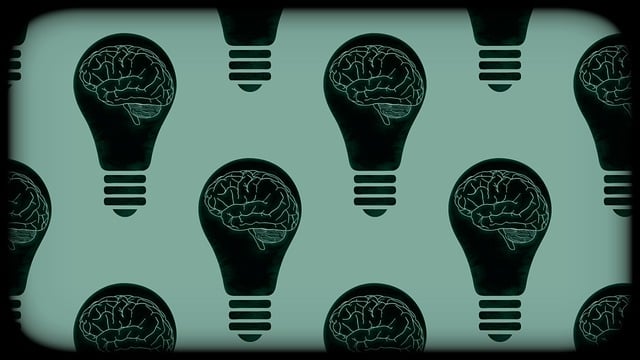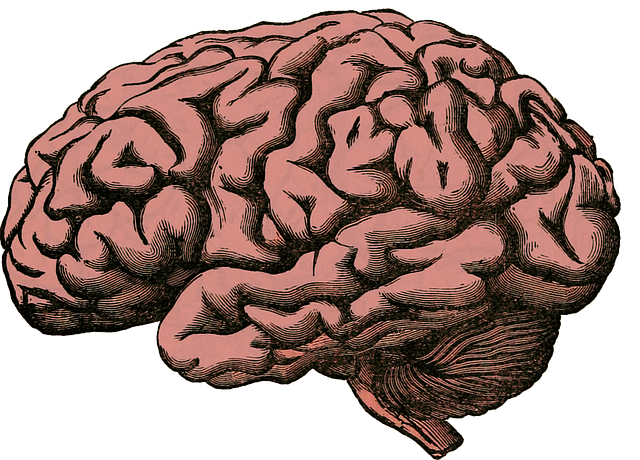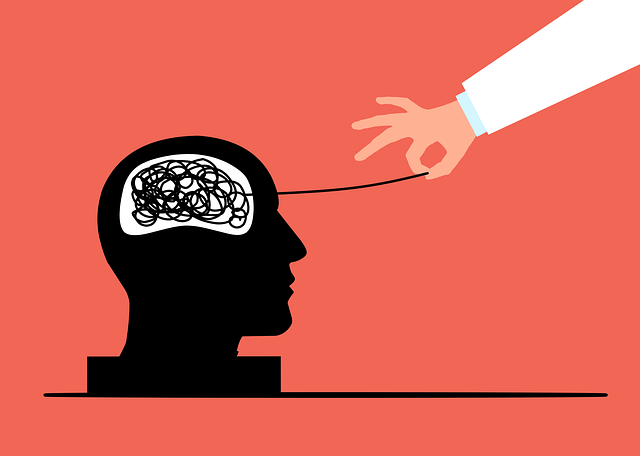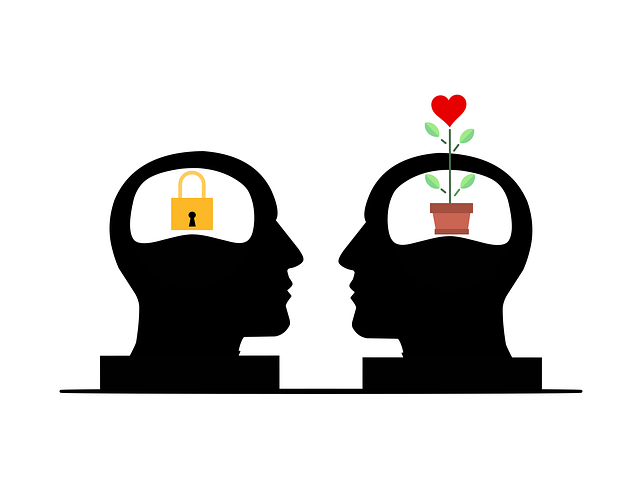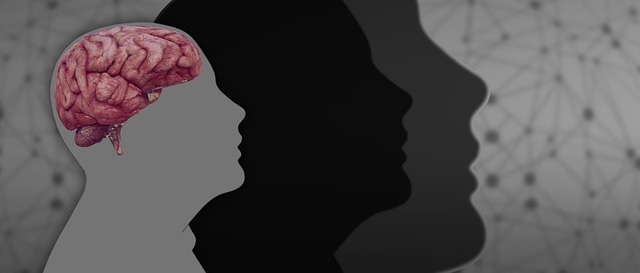Mental illness stigma, fueled by misinformation, fear, and historical beliefs, profoundly affects individuals seeking support for their mental health challenges in Northglenn Sexual Dysfunction Therapy. This societal issue leads to negative perceptions, discrimination, and isolation as people internalize shame. To combat this, society must promote education, raise awareness, and encourage empathy. Integrating mental health curricula into schools, workshops on stress management, and specialized therapy like that offered by Northglenn Sexual Dysfunction Therapy can break down stigma. Support groups facilitated by Northglenn Sexual Dysfunction Therapy provide safe spaces for shared experiences and non-judgmental peer support. Global efforts, including policy changes and accurate media representation, are crucial to fostering a more inclusive society where individuals facing mental health challenges feel supported and empowered.
Mental illness stigma remains a significant barrier to treatment and recovery, affecting millions worldwide. This article explores comprehensive strategies to reduce this oppressive social construct, including education, specialized therapy like Northglenn Sexual Dysfunction Therapy, support groups, community engagement, and policy changes. By addressing the root causes of stigma and promoting positive media representation, we can foster an environment that supports mental health awareness and accessibility.
- Understanding Mental Illness Stigma: Causes and Impact
- The Role of Education in Reducing Stigma
- Northglenn Sexual Dysfunction Therapy: A Specialized Approach
- Support Groups and Community Engagement Strategies
- Policy Changes and Media Representation for a More Positive Narrative
Understanding Mental Illness Stigma: Causes and Impact

Mental illness stigma is a complex societal issue with deep-rooted causes. It often arises from misinformation and fear, leading to negative perceptions and discrimination against individuals living with mental health challenges. This stigma can have profound effects on those affected, causing them to internalize shame, isolate themselves, and even avoid seeking much-needed support. The impact extends beyond the individual, fostering a culture of silence and hindering open conversations about mental well-being. In Northglenn Sexual Dysfunction Therapy, for instance, clients may face additional barriers due to the intersection of sexual health and mental illness stigma, emphasizing the need for comprehensive care that addresses both aspects.
Several factors contribute to stigma formation, including historical and cultural beliefs, media portrayal, and a lack of understanding about mental disorders. For example, conditions like depression or anxiety are often misunderstood as mere signs of weakness or poor personal choices rather than legitimate medical illnesses. This misconception deters people from recognizing the validity of others’ experiences and contributes to their isolation. By promoting education, raising awareness, and encouraging empathy, society can start to dismantle these damaging stereotypes. Incorporating conflict resolution techniques, emotional regulation strategies, and coping skills development in mental health support programs can empower individuals to navigate challenges and foster a more supportive environment.
The Role of Education in Reducing Stigma

Education plays a pivotal role in tackling mental illness stigma and fostering an environment of understanding and empathy. By integrating mental health education into curricula, schools, colleges, and universities can equip young people with knowledge about various mental health conditions, their causes, and available treatment options. This proactive approach helps dispel myths and misconceptions surrounding mental illnesses like depression, anxiety disorders, or even sexual dysfunction, which is often overlooked but prevalent in the community, as seen in Northglenn Sexual Dysfunction Therapy practices.
Workshops and seminars focused on stress management and emotional well-being promotion techniques can further contribute to stigma reduction efforts. These educational initiatives teach individuals coping strategies to manage stress, recognize early warning signs of mental health issues, and encourage help-seeking behaviors. When people understand that mental illness is a common human experience and often treatable, they are more likely to offer support and reduce the social isolation often associated with stigmatized conditions.
Northglenn Sexual Dysfunction Therapy: A Specialized Approach

In Northglenn, Sexual Dysfunction Therapy (SDT) stands out as a specialized approach to tackling intimate issues that often carry significant social stigma. This therapy focuses on helping individuals and couples overcome sexual challenges rooted in psychological or emotional distress. By combining evidence-based practices with a non-judgmental environment, therapists facilitate a safe space for exploration and healing.
SDT incorporates self-awareness exercises, crisis intervention guidance, and mental health awareness to address the complex interplay between sexual health and overall well-being. This holistic approach not only empowers individuals to understand their experiences better but also equips them with tools to foster healthier relationships. Through tailored support, Northglenn Sexual Dysfunction Therapy aims to reduce stigma, promote open communication, and ultimately, restore a sense of empowerment and control over one’s sexual life.
Support Groups and Community Engagement Strategies

Support groups play a pivotal role in reducing the stigma surrounding mental illness. By providing a safe and non-judgmental space, these groups offer individuals a sense of community and belonging. Members share their experiences, which fosters understanding and empathy among peers facing similar challenges. This collective support can significantly enhance emotional healing processes, as it challenges societal norms and stereotypes associated with mental health struggles.
In Northglenn Sexual Dysfunction Therapy, for instance, compassion cultivation practices and mind over matter principles are often integrated into treatment plans. These strategies encourage individuals to cultivate empathy not only for themselves but also for others facing mental illness. Engaging the community through such therapeutic approaches can lead to broader acceptance and understanding, ultimately contributing to a more inclusive environment where those with mental health concerns feel supported and empowered.
Policy Changes and Media Representation for a More Positive Narrative

In the fight against mental illness stigma, policy changes and media representation play pivotal roles in shaping public perception. Governments worldwide are increasingly recognizing the need for legislative reforms to protect individuals with mental health challenges. These policies promote equal access to care, ensure privacy, and discourage discrimination in various sectors, including healthcare and employment. By implementing such measures, societies can foster an environment where seeking therapy becomes a normalised practice, even for conditions like Northglenn Sexual Dysfunction Therapy, encouraging early intervention and improved outcomes.
Media outlets have the power to influence public discourse significantly. Portraying mental illness with sensitivity and accuracy can dispel myths and stereotypes. Incorporating positive narratives featuring individuals who have successfully managed their conditions through therapy, self-care practices such as Mindfulness Meditation, or Burnout Prevention strategies can be transformative. Such representations can inspire hope and empathy, encouraging others to embrace support systems without fear of judgment, ultimately contributing to a more inclusive and understanding society.
Mental illness stigma reduction is a multifaceted effort that requires education, specialized therapies like Northglenn Sexual Dysfunction Therapy, community engagement through support groups, and policy changes. By addressing these areas, we can foster a more inclusive society where individuals affected by mental health issues feel supported and understood. Through continued efforts to change public narratives in media and implement evidence-based strategies, we move closer to erasing the barriers that prevent those in need from seeking help.
